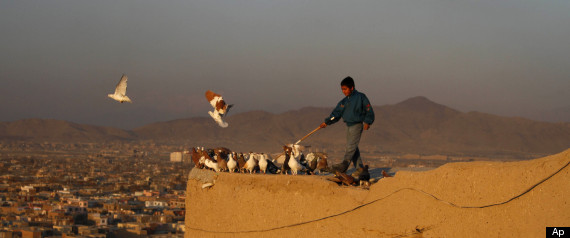URGENT ACTION
anti-nuke protestors at risk during putin visit
More than 50 persons charged with sedition for leading an
18-month-long protest against the Russian-built nuclear plant at
Kudankulam risk detention without charge or trial for planned protests
during President Putin’s scheduled visit to Delhi on 24 December.
Among them are Dr S.P. Udayakumar and M. Pushparayan
– key leaders of the People’s Movement against Nuclear Energy (PMANE)
which is spearheading peaceful protests in Tamil Nadu and planning
protests to coincide with Russian President Vladimir Putin’s visit to
Delhi. They risk detention under state security legislation allowing for
their detention without charge or trial for up to a year. If tried and
convicted they could face life imprisonment.
Six protestors – Lourdesamy, Nazarin, Sindhu Bharat, Thavasikumar, Jesurajan and Santiago Royappan
– arrested and since detained without charge or trial for participating
in the protests between September and November, have been served with
additional orders which could result in further detention for up to a
year. The majority of the 50-odd protestors arrested have been released
on bail on the condition they stay away from the nuclear plant site. In
all, more than 1,000 protestors have been charged with various offences
during 2011–2012. The majority of them are from the coastal village of
Idinthakarai, which has been at the centre of the protests. They face
charges, including defying restrictions on size of gatherings, rioting
with deadly weapons and attempting to assault public servants. In March,
the Tamil Nadu police baton-charged hundreds of peaceful protestors
after police had staged a week-long siege of Idinthakarai, denying
essential commodities. In September, the police responded with force
when hundreds of protestors marched towards the nuclear plant site. They
reportedly used tear gas and baton-charged them. Some 60 protestors
were injured, including a child. Some protestors reportedly responded to
the violence by throwing sand and stones. Additionally, one person was
killed by police firing on protestors in Manappad village. The police
later forcibly evicted 500 protestors at Idinthakarai after burning
their vehicles and looting their property.
Please write immediately in English or your own language:
Calling on the Indian and Tamil Nadu authorities not to harm peaceful protestors, such as PMANE leaders Dr S.P. Udayakumar and M. Pushparayan, including during President Putin’s visit to India, and to drop any unsubstantiated charges against them;
Expressing concern that the six protestors are arbitrarily detained
in violation of international human rights treaties which India is
obliged to respect;
Calling on the authorities to release the six protestors, unless they
are charged with internationally recognisable offences, remanded by an
independent court and tried in fair proceedings.
PLEASE SEND APPEALS BEFORE 01 FEBRUARY 2013 TO:
�
Prime Minister of India
Prime Minister Manmohan Singh
South Block, Raisina Hill
New Delhi 110 00, India
Fax: +91 11 2301 7931
Email through website:
http://pmindia.nic.in/feedback.php
Salutation: Dear Prime Minister
Tamil Nadu Chief Minister
Ms.J. Jayalalithaa
Fort St George
Chennai 600 009, India
Email: cmcell@tn.gov.in
Salutation: Dear Chief Minister
Solidarity messages may be sent to:
People’s Movement Against Nuclear
Energy
Dr S. P. Udayakumar
Idinthakarai PO 627104
Tamil Nadu, India
�
Also send copies to diplomatic representatives accredited to your country.
Please check with your section
office if sending appeals after the above date. This is the eighth
update of UA 367/11. Further information:
http://www.amnesty.org/en/library/info/ASA20/038/2012/en
URGENT ACTION
anti-nuke protestors at risk during putin visit
ADditional Information
Since July 2011, PMANE has been spearheading the protests against the
Kudankulam nuclear power plant which is expected to be commissioned in
or after January 2013, following President Putin’s visit to New Delhi on
24 December 2012. Kudankulam’s neighbouring villages were hit by the
tsunami that struck South and South-East Asia in December 2004, and
local residents are fearful of a radioactive leak if such a disaster
strikes again. Dr S.P. Udayakumar states that the expert panel set up by
the Indian authorities to conduct a safety assessment, which declared
the site safe, has failed to satisfactorily address several site and
safety concerns raised by an independent group of experts.
The protests intensified after the March 2011 Fukushima disaster
in Japan and the protestors believe the project threatens local
communities. They fear that the site will affect at least 15,000 people
living nearby.



















